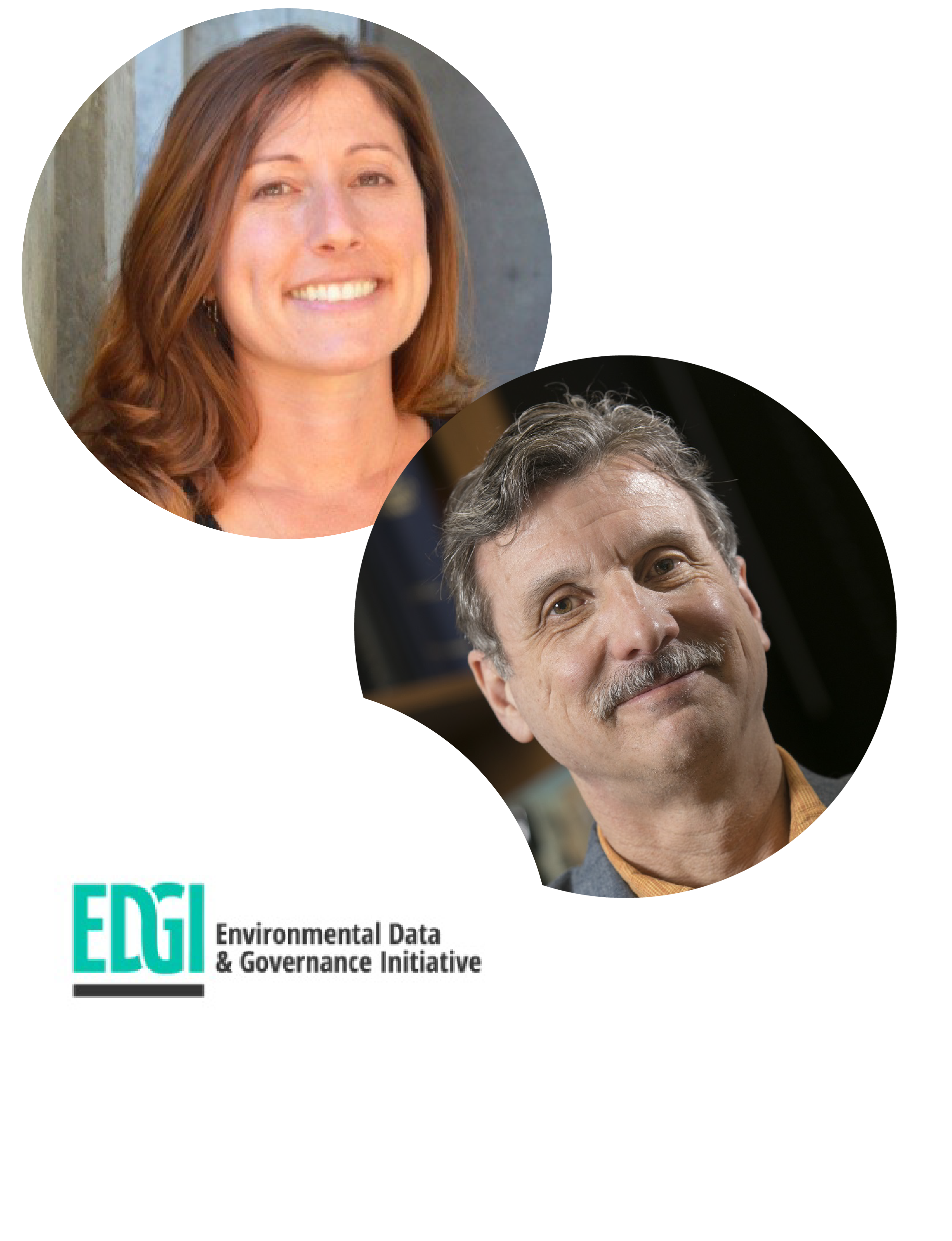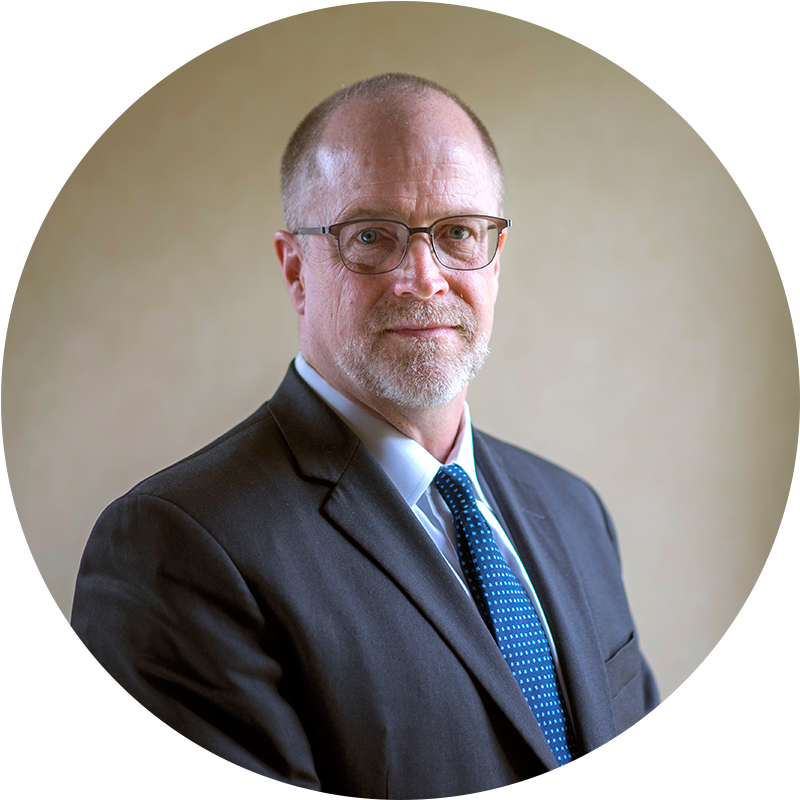Lindsey Dillon, Christopher Sellers, and the Environmental Data and Governance Initiative (EDGI) conclude the “Just Environments” series with a sobering look at the Trump administration’s dismantling of environmental agencies. In response to these threats, EDGI has been working to protect federal environmental data, monitor government websites, and analyze the impact of proposed policy changes. Crucially, EDGI calls for “environmental data justice”—a rethinking and remaking of environmental data and governance practices that combines grassroots monitoring with digital technologies.



























